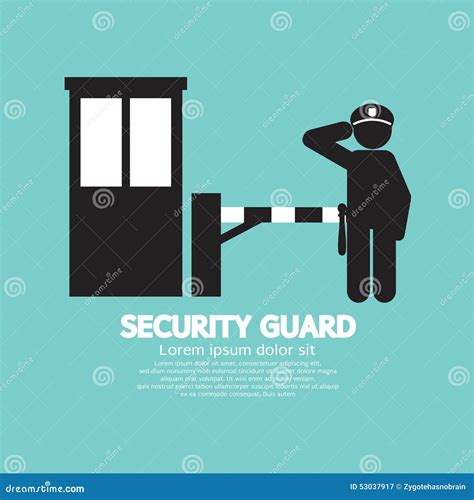Is Age a Barrier to Your Security Guard Dreams?
Many aspiring security guards wonder if age will hinder their career aspirations. The short answer is: not necessarily. While the security industry does have some physical demands, age is often less of a barrier than you might think. This article will explore the common concerns surrounding age and security guard work, providing insights and advice for individuals of all ages considering this career path.
What are the Physical Demands of a Security Guard Job?
The physical demands of a security guard job can vary significantly depending on the specific role and work environment. Some positions might involve extended periods of standing or walking, while others may require more active patrolling or response to incidents. However, many security guard jobs emphasize observation, communication, and report writing more than intense physical exertion.
Common Physical Aspects:
- Standing for extended periods: Many security guard roles require standing for hours at a time, often in a single location.
- Walking: Patrolling large areas, both indoors and outdoors, is common.
- Responding to incidents: This might involve running or quickly navigating obstacles.
- Lifting and carrying: While not always heavy, lifting equipment or assisting others may be required occasionally.
Can Older Individuals Still Be Effective Security Guards?
Absolutely! While younger individuals might possess greater physical stamina, older security guards often bring invaluable experience, maturity, and judgment to the role. Their calmness under pressure, strong communication skills, and keen observational abilities can be significant assets. Many security companies value the experience and dependability that older workers provide.
Advantages of Older Security Guards:
- Maturity and judgment: Experienced individuals often handle stressful situations more effectively.
- Strong communication skills: Effective communication is crucial in security work, and this skill often improves with age.
- Dependability and reliability: Older workers often have a proven track record of consistent attendance and commitment.
- Observation skills: Years of life experience often lead to enhanced observational abilities.
- Reduced risk of impulsive actions: Older guards may be less likely to react impulsively in challenging situations.
How Can Older Applicants Overcome Potential Challenges?
While age is not a barrier for many, older applicants might need to address some potential challenges proactively:
- Demonstrate physical fitness: Highlighting your current fitness level through a doctor's note or personal statement can address concerns about physical capabilities. Emphasize your ability to perform essential tasks, even if at a slightly slower pace.
- Focus on experience and skills: Emphasize your transferable skills and life experiences that translate well to security work, such as customer service, conflict resolution, and attention to detail.
- Highlight your strengths: Showcase your maturity, judgment, and reliability in your application and interview.
- Target appropriate roles: Consider security positions with less physical demand, such as desk security or monitoring security systems.
- Consider part-time work: If full-time hours seem challenging, explore part-time opportunities.
What About Age Discrimination?
Age discrimination is illegal in many countries. If you feel you've experienced age discrimination during the application process, remember to document everything and explore available legal avenues. Choosing a company known for its inclusive hiring practices can also help mitigate this risk.
Are there specific types of security jobs better suited for older individuals?
Yes, absolutely! While patrolling might be more physically demanding, other roles are often better suited for older applicants. These include:
- Reception/Front Desk Security: This often involves monitoring access, answering phones, and interacting with visitors, requiring less physical exertion.
- CCTV Monitoring: Monitoring security cameras from a control room demands vigilance and attention to detail, but not intense physical activity.
- Loss Prevention: This role focuses on observing for theft and preventing losses, often requiring less physical interaction.
- Corporate Security Officer (in an office environment): This position often prioritizes observation, report writing, and internal security procedures.
Conclusion: Age is Just a Number
In conclusion, while physical fitness is important for some security guard jobs, age is rarely an insurmountable barrier. Older individuals bring a wealth of experience, maturity, and skills that are highly valued in the security industry. By focusing on your strengths, targeting appropriate roles, and proactively addressing potential concerns, individuals of all ages can successfully pursue their security guard dreams. Remember to research companies with inclusive hiring practices and don't hesitate to highlight your unique assets during the application process.

